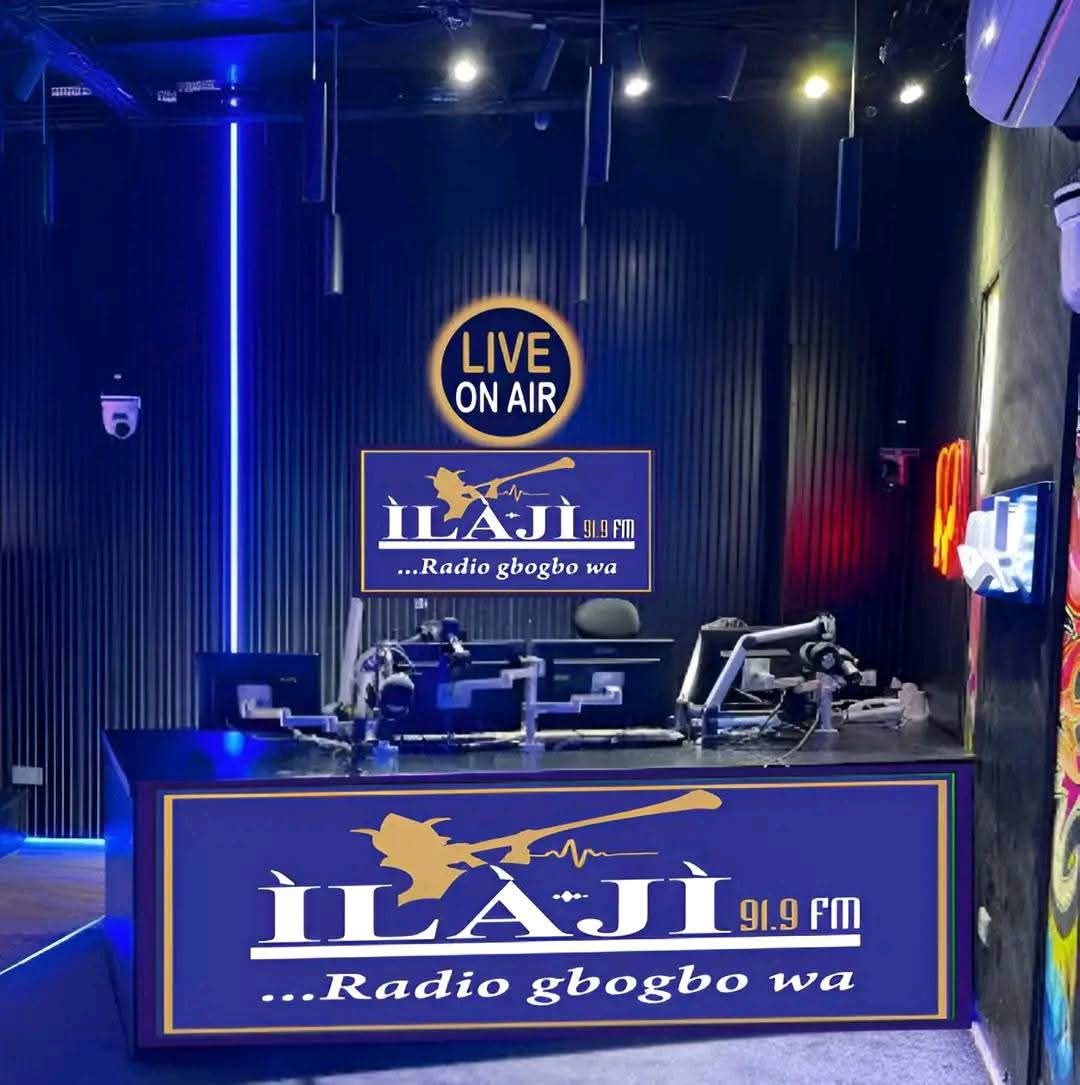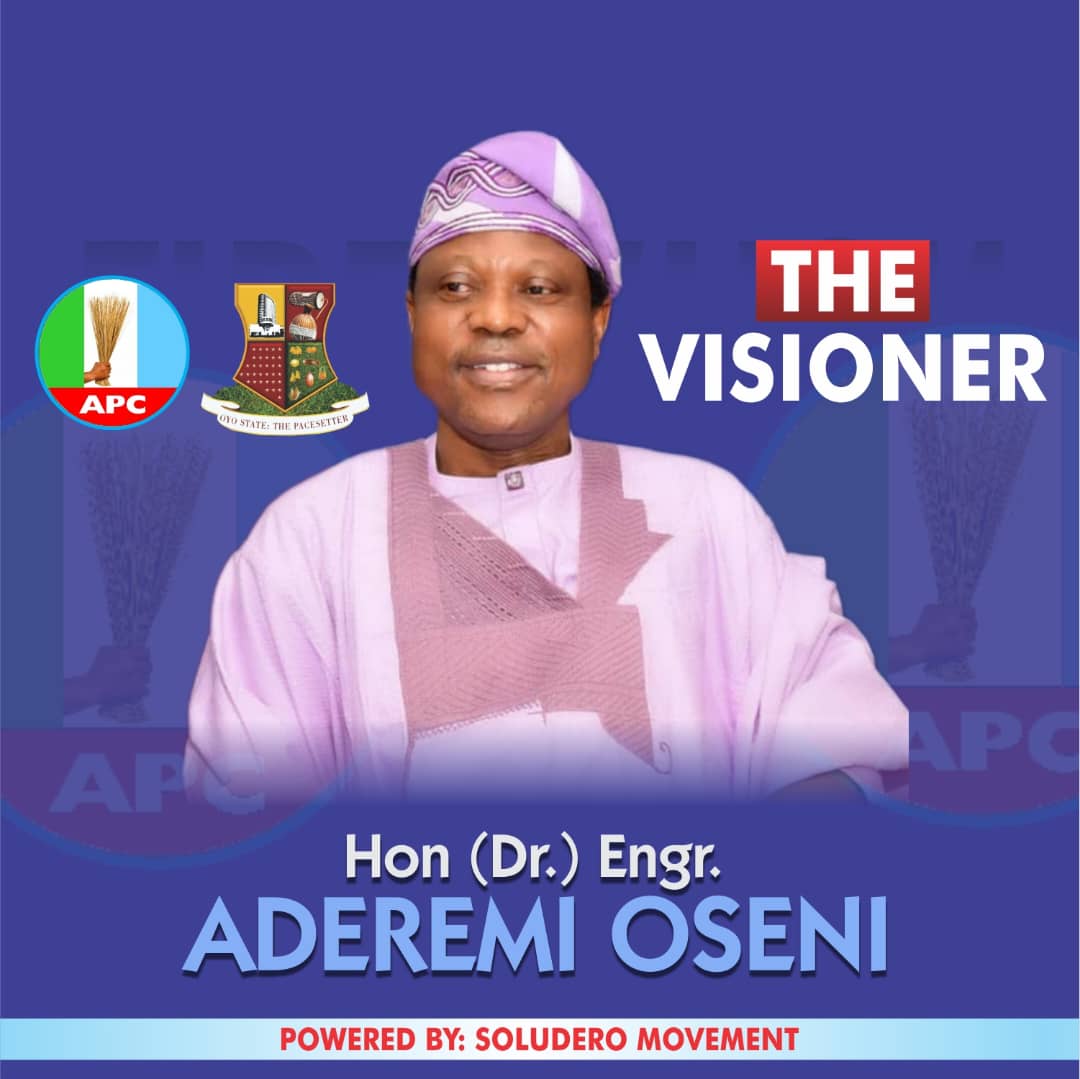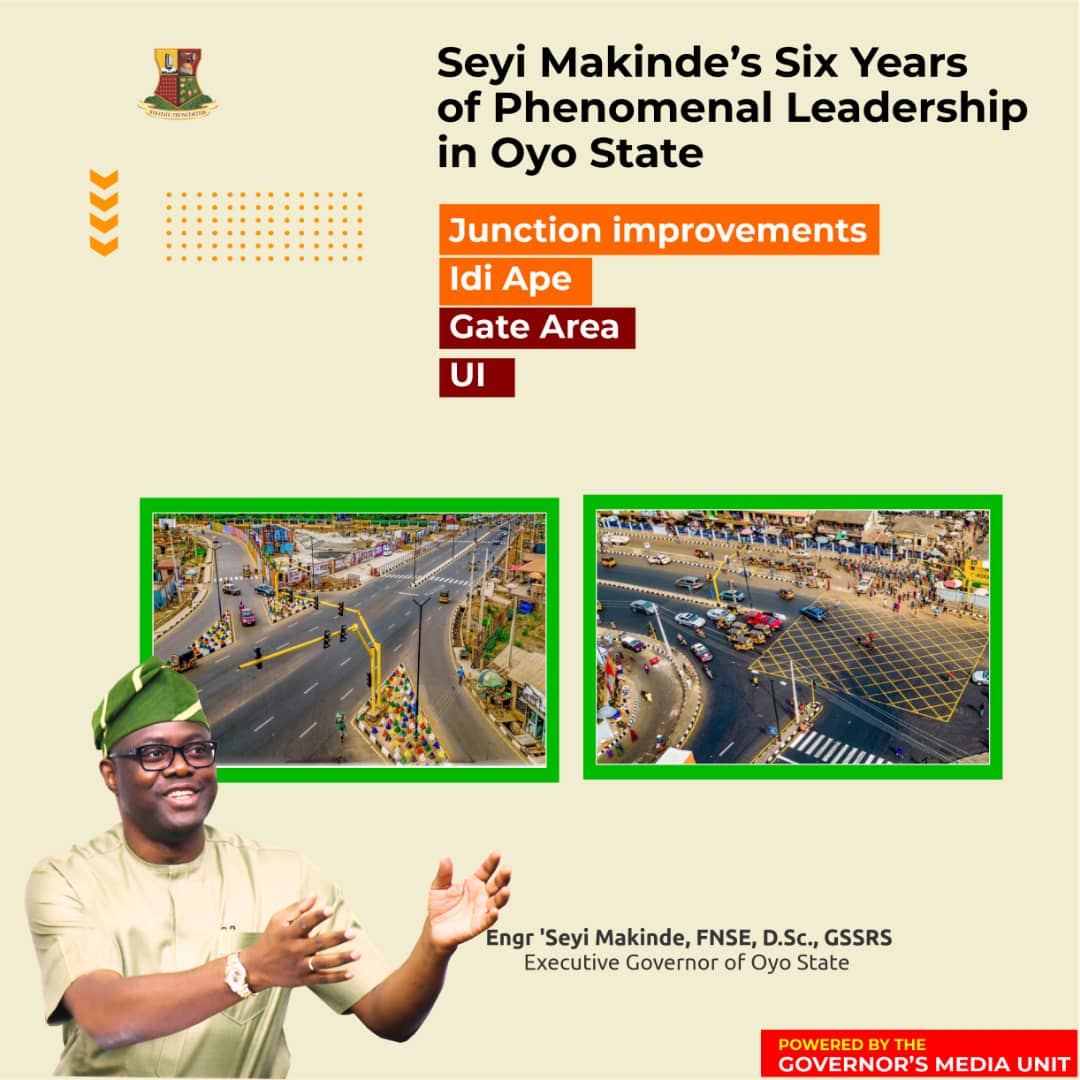Football is popularly called the beautiful game for a reason. It has become a global center of attraction and a multi-trillion dollar business. It is a game that has grown in its more than 100 years history to become an agent of multi-lateral political, economic and social relationships and business globally. The Federation International de Football Association (FIFA), the self-regulatory governing body has over the decades tried to eschew political interferences in the beautiful game.
This is particularly instructive given that global politics is often a chessboard of intrigues of self and group interests. The governing body has fought over the years to exclude political interferences in the game of football and this luckily has helped in pushing the growth and success of the game globally. FIFA has somehow created a borderless world where interactions on the pitch of play is the focus and while there has been no perfection in creating a football world devoid of racism and other social issues the entertainment and economic value of the game can be seen in countries with viable football leagues.
Funny enough, Nigerians are some of the most popular lovers of the different Football Leagues in the World. The English Premier League, Italian Serie A, German Bundesliga, French League, Spanish La Liga and lately the emerging Saudi League with stars like Ronaldo, Mane, Neymar, and many others.

Possibly due to colonial historical and proximity reasons, the English Premier League (EPL) seems the most popular with Nigerians with very popular clubs like; Arsenal, Manchester United, Liverpool and Chelsea having very strong fan bases amongst the Nigerian youths. Other Leagues equally command their attention depending on the famous Nigerian or other world renowned players in such teams like Barcelona FC, Napoli, AC Milan, Real Madrid, Bayern Munich and lately Bayer Leverkusen.
Well-organized football leagues in countries have become huge brands that have become sources of pride and huge revenue for the economies of such nations. Interestingly, in countries with functional leagues, football has become huge investment points for countries but a huge buy in by private investors who leverage on a viable systemic functionality that makes return on investment very attractive.

In the last one year, two Nigerians, Victor Osimhen of Napoli and recently Victor Boniface of Bayer Leverkusen have made global headlines by helping their respective teams to win their leagues. In a way, their names seem to have manifested through their football actions. They are by no means in an exclusive club of successful football exports from Nigeria or even Africa but as they say, they are the rave of the moment in football terms.
The Roundtable Conversation believes that Nigeria can do better than being the engine room that incubates some of football’s best since the ’80s when the likes of late Steven Keshi stepped out of the shores of Nigeria to play international football. Football has since metamorphosed into a multi-trillion dollar global business for countries that have dared to invest in developing the game. Investment in the game is well beyond the human capital and this is why despite the talents in Nigeria, most of the players even in the wobbly local league have their eyes on the international arena.

Given what football has become, the success of Nigerian internationals means that there is something the country is not doing right. Football today is not just a game on the pitch of play but a sport that creates multiple layers of high earning jobs, the unspoken brand ambassador of clubs, countries and a huge economic earner for countries.
The issue then is, why is Nigeria, one of the most populous countries in the world with huge youth demographics and one of the countries with the highest presence in most global leagues still not able to develop the game at home? What has happened to huge private investments in the game that in the late seventies and early-eighties attracted players and coaches from countries like Brazil, Ghana, Ivory Coast and some other countries to play in the Nigerian Leagues and earn contractual money then?
We spoke to Onochie Anibeze, a veteran journalist and Group Sports Editor of Vanguard Newspapers. We asked him what happened to Nigerian football that has made the celebrations basically about Nigerians that are playing in foreign leagues and why the country is losing out on the global earnings accruable to other countries with functional leagues.
He affirmed that Nigeria previously had a viable league that attracted players from other countries. However, Onochie believes that the strength of the naira then was an advantage just like the weakness of the Nigeria now is pushing players away from the local league to foreign leagues. Naira in those days was strong and competitive with other currencies.
In his view, the older clubs like Abiola Babes, Stationery Stores, Leventis United, Udoji United, Iwuanyanwu National, Racca Rovers, Jasper Football club, ACB football Club etc. were all making waves in the past before international football became very lucrative luring local players outside. Individuals and organizations invested heavily in football and got back return on investment as the local population was all supportive just like what is now happening with foreign clubs.
However, he believes that systemic corruption became a big problem and those clubs steadily fizzled out. The corruption was not just about or in football alone but all sectors of the socio-political economy of the Nigerian state. But as regards football which is under discourse now, the impact of corruption was deep. In some warped sense, there was a bizzare situation where home teams started winning matches and subsequently, the alluring element of surprises vanished from Nigerian football club competitions. There was something uncanny about the refereeing system in ways that there were questions about the refereeing quality. Some football veterans even joked that it seems to be more lucrative refereeing than playing. The core of competitive football is the element of anticipation and the suspense amongst fans and players as regards winning. Once that is lost, all seems lost.
To buttress the quality of Nigerian refereeing in recent times, the recently concluded AFCON competition in Ivory Coast, out of the almost 64 match officials, not one Nigerian referee was appointed. One of the CAF officials when questioned had claimed that FIFA chooses only the best. So the officiating in the league must not be perfect but there must be improvement for the league to be highly rated.
Again, Onochie points to the state of football facilities. There are very few good pitches. If you watch most foreign leagues, if an attacker is running, if a pitch is not good there will be no free flow of football. The typical Nigerian players can’t tackle hard because of bad pitches. Most stadiums like the National stadium in Lagos are wasting away due to lack of use and maintenance. Football is not played in mansions or rooms, there is limited investment in football facilities. No league functions well under such conditions.
There are issues with professionalism in administration. Football administrators seem not to fully follow international standards given the incessant arguments about payment of players and coaches. The Nigerian football administrators seem not to recognize essence of contractual agreements unlike in foreign leagues where contracts are strictly adhered to. If a player has a 2 or 3 years contractual agreement with a club to play he will be paid and if another club wants him, they buy out the contract with the club if there is mutual agreement.
There would be emphasis on quality instead of quantity. The number of clubs must not be unwieldy given the challenges. It is better to have 10 or 12 quality clubs than 15 or 20 that can’t be well managed. There should be efforts to improve club facilities and make playing enjoyable. Those running the leagues should set and maintain the standards. Imagine how they celebrate goals abroad. In Nigeria pitches, they can’t do all the sliding down the pitch because of the quality of pitches.
Most football academies abroad train and groom pre-teens and they in turn supply the clubs and national teams for age grade competitions like the FIFA under 17 and under 21 World Cups. Nigeria must begin to think of investing in facilities, training and football academies that can attract investors. There is no reason most local clubs should be run by governments, government’s job should be to create an enabling environment for football investors.
Nigerian must re-organize its football administration to comply with global standards in competence and transparency. The Nigerian Football Federation must be administered by those with technical and administrative competences. So long as the flawed political system sips into football administration, the league would continue to wobble. There must be fair constitution of the NFF board, representatives of state FA Chairmen, players, referees, coaches, school sports and all interested parties must be represented for sports democracy to triumph over nepotism.
Nigeria has to decide how to develop sports. Right now government must step in to create the enabling environment. Most private organizations are out of football sponsorships because an investor must be sure of outcomes before investing. If we re-organize we will do well, chairman of technical committees which is the engine room of Football federation must know the ropes. No viable league in the world thrives with political chicanery. Investors and brands must see that their investments are protected before they can fully invest in football. It takes a government deliberately setting high administrative standards to encourage investors. The law must be seen to be functional to protect investors’ interests.
The two Victors with League titles on their shoulders are mere metaphors for the millions available in the country with the largest youth population. The missing link in our football administration is ceding our best and our football economic powers to other nations who understand the value of football and in fact all other sports. May we learn to own and develop our talents to work for our nation not just in football but indeed in all sports.

